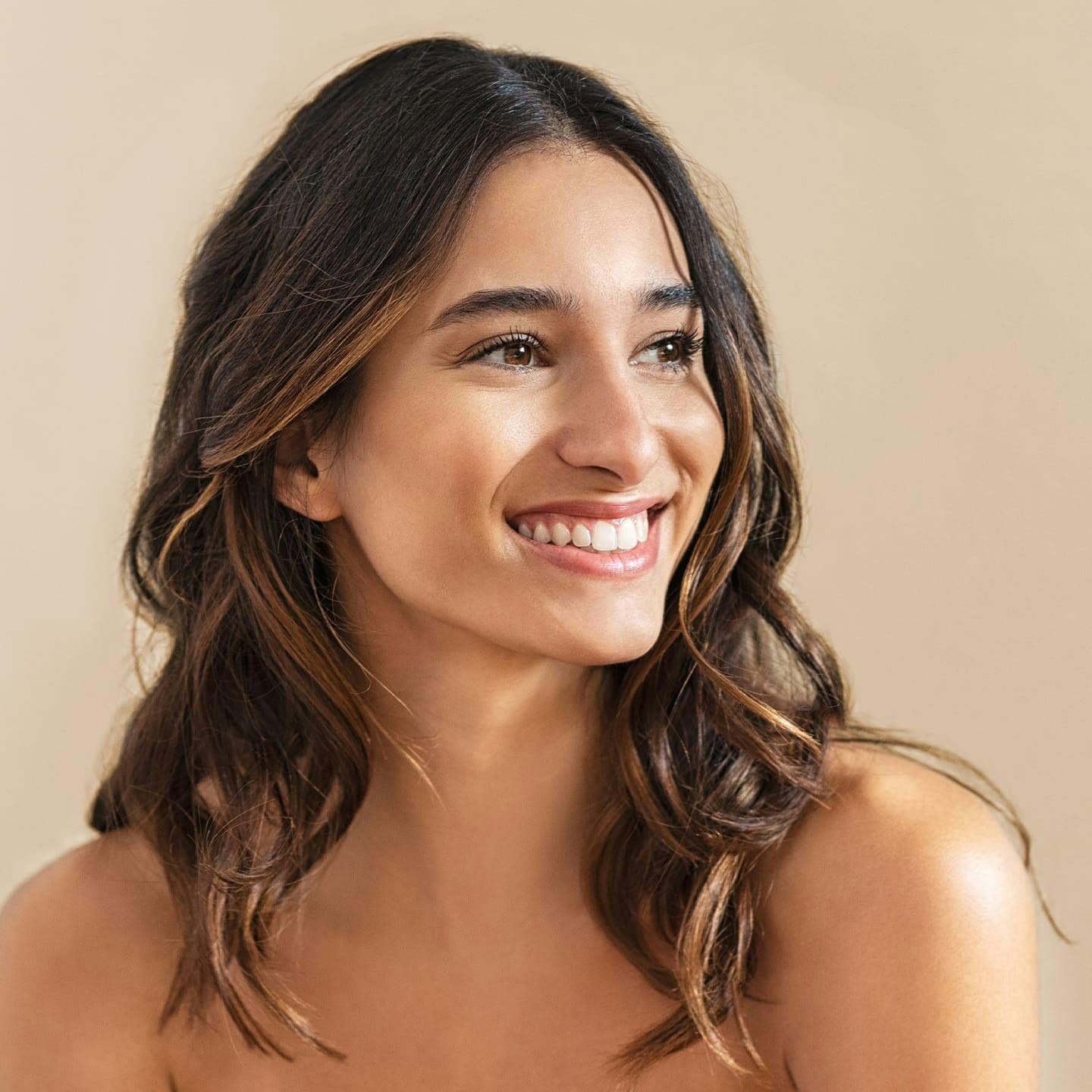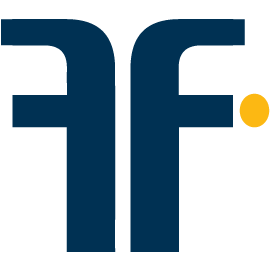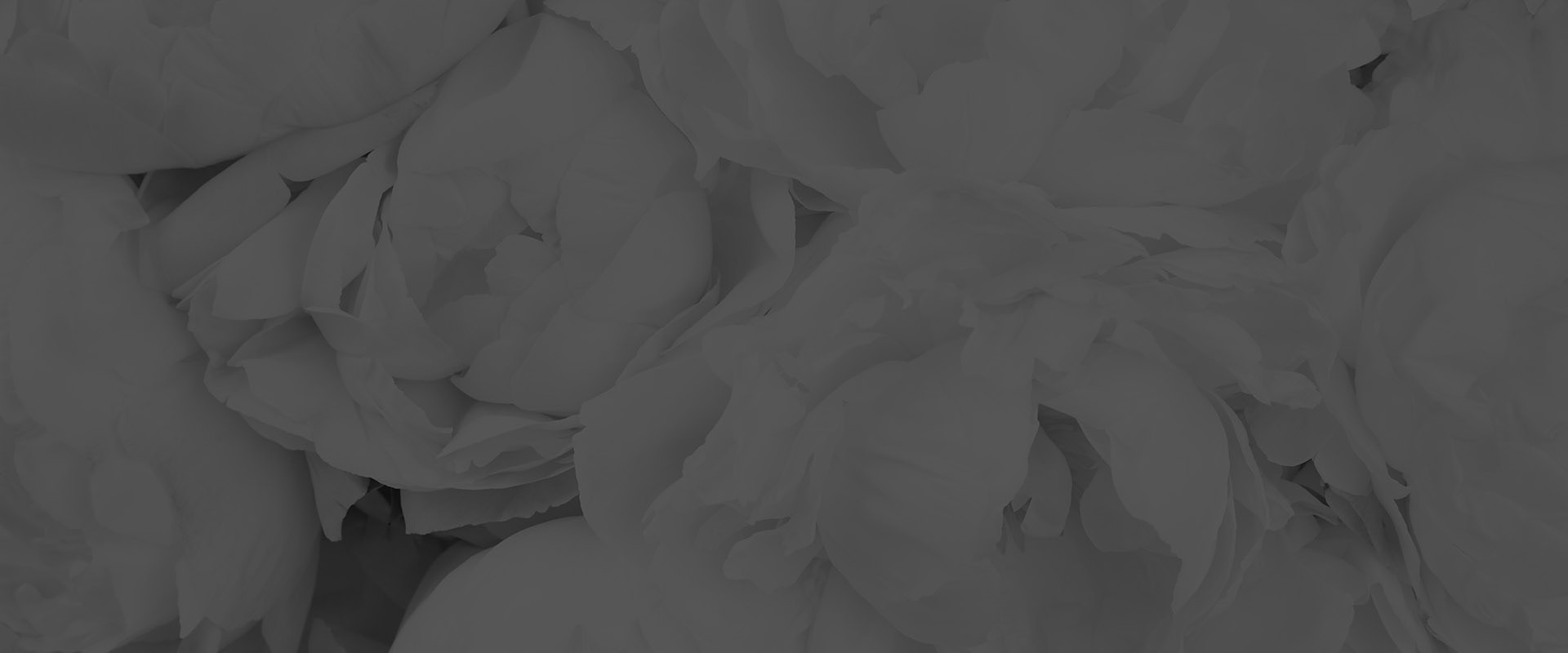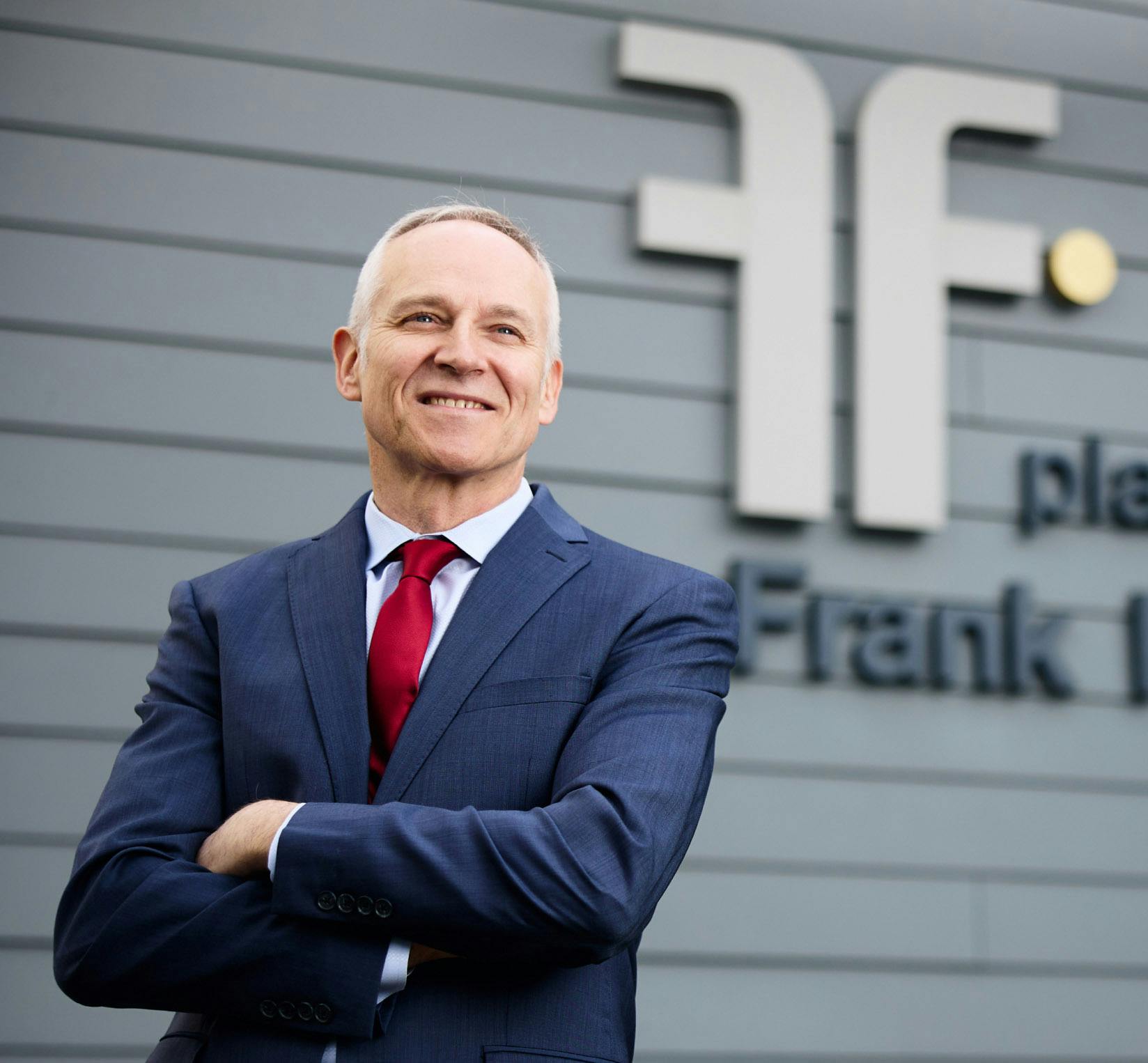What is Middle Eastern Rhinoplasty?
Middle Eastern rhinoplasty is a surgical procedure that provides nasal refinements and reduces nose imperfections while maintaining the ethnic qualities and essence of the Middle Eastern heritage. This procedure is specially customized to your specific needs. Dr. Fechner will make nuanced, precise changes to your nose to achieve your ideal look and minimize flaws, resulting in symmetrical, attractively balanced facial features.







